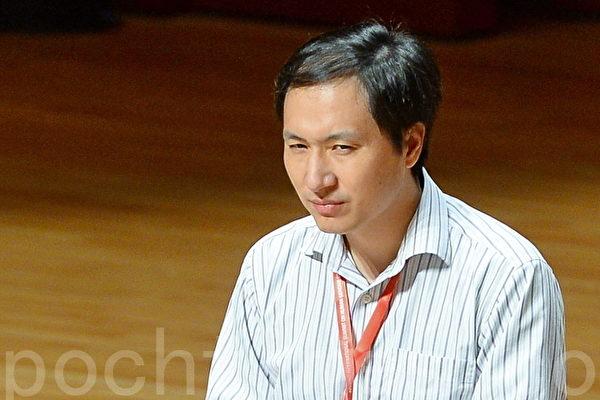Chinese researcher He Jiankui is reportedly under house arrest by the university he worked for in Shenzhen, southern China, following his return from a conference in Hong Kong.
He Jiankui, an associate professor at Southern University of Science and Technology (SUST) in Shenzhen, addressed a packed hall of around 700 people attending the Human Genome Editing Summit at the University of Hong Kong on Nov. 28.




